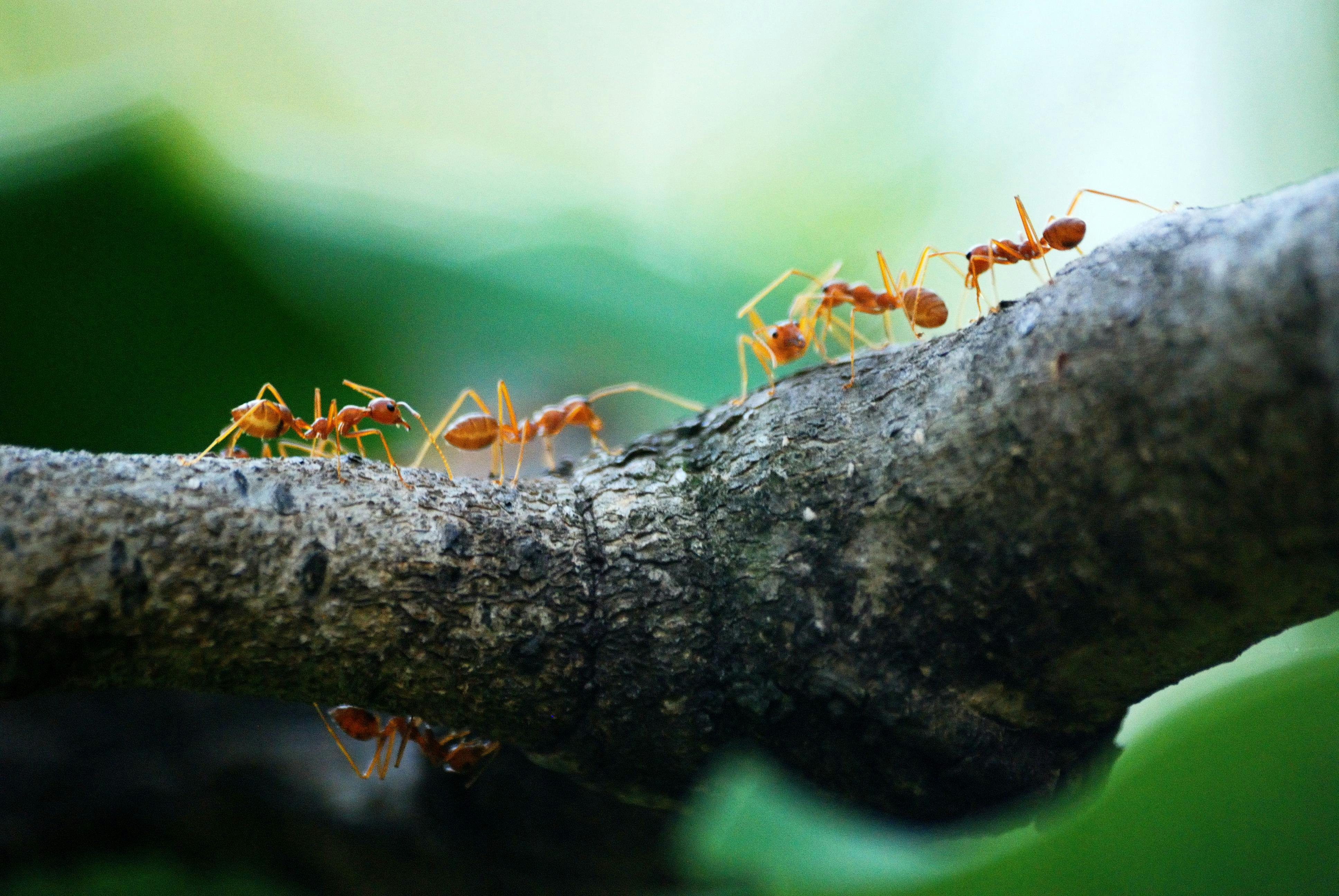The Intriguing World of Ant Farms: A Deep Dive
Have you ever watched an ant colony in action? The sight of tiny creatures working in harmony to build intricate tunnels and chambers can be captivating. This article delves into the fascinating world of ant farms, offering a unique perspective on this lesser-explored pet trend.

Long before ant farms became popular, ants were known for their industrious nature. Ancient civilizations admired ants for their social structure and relentless work ethic. In fact, the concept of ant farms can be traced back to the 19th century when it was used as a research tool in entomology - the study of insects.
Fast forward to today, ant farms have transformed from scientific apparatus to a trendy pet hobby. They offer an engaging experience for children and adults alike, providing a unique opportunity to observe and learn about nature from the comfort of home. The intricate network of tunnels that ants build is a captivating sight, offering hours of mesmerization.
Market Impact and Price Range
The emerging trend of ant farms as pets has had a significant impact on the market. With a wide variety of ant farm kits available, ranging from basic models to high-end designs complete with LED lighting and 3D viewing, the market is diverse and expansive. Prices can vary dramatically based on the kit’s complexity, size, and brand, typically ranging from $20 for a basic kit to upwards of $100 for more advanced models.
The Science Behind Ant Farms
While ant farms are entertaining, they are also educational. Each ant colony functions as a superorganism, with each ant playing a specific role in the colony’s survival. Worker ants dig tunnels, gather food, and care for the queen and her offspring, while soldier ants protect the colony from threats. This intricate societal structure closely parallels human societies, making ant farms a fascinating study of both nature and sociology.
The Environmental Influence
Ants are crucial to our environment. They aerate soil, aid in decomposition, and even control pests. Keeping an ant farm can help educate individuals about the importance of ants in our ecosystem. However, it’s important to source ants responsibly. Extracting ants from the wild can disrupt local ecosystems, so it’s best to purchase ants from reputable suppliers who breed ants specifically for ant farms.
The Future of Ant Farms
As technology advances, ant farms are becoming more sophisticated. Some models now include cameras for close-up viewing and apps for tracking ant activity. With the growing interest in these tiny, industrious creatures, it’s safe to say that the future of ant farming looks promising.
In a world where we often overlook the small things, ant farms offer a magnified view into the miniature, busy world of ants. They serve as a reminder of nature’s complexity and beauty, and the important role each creature plays in our ecosystem.




